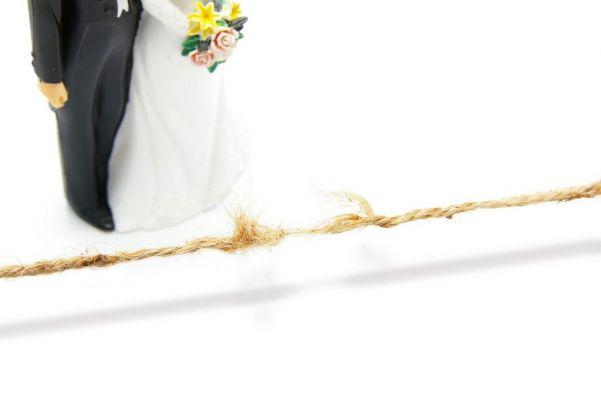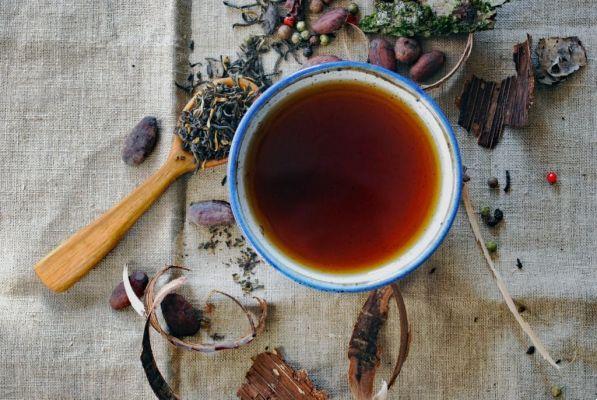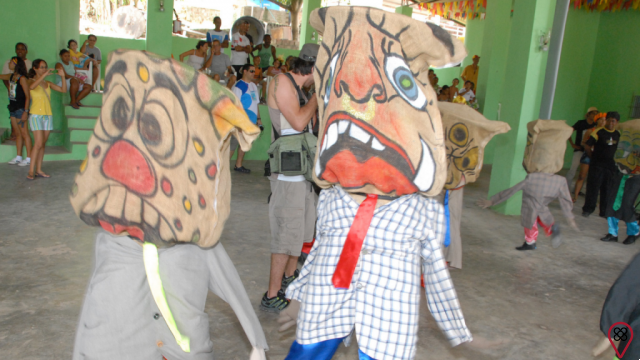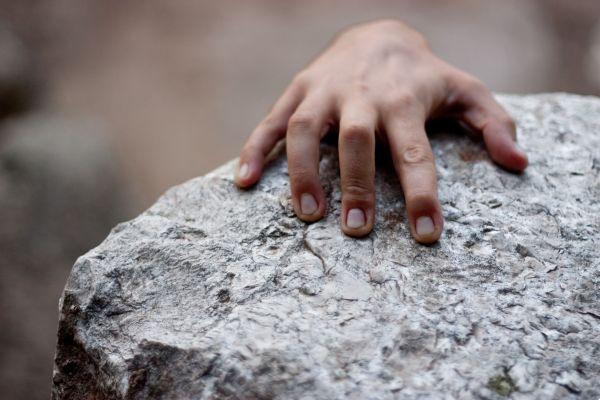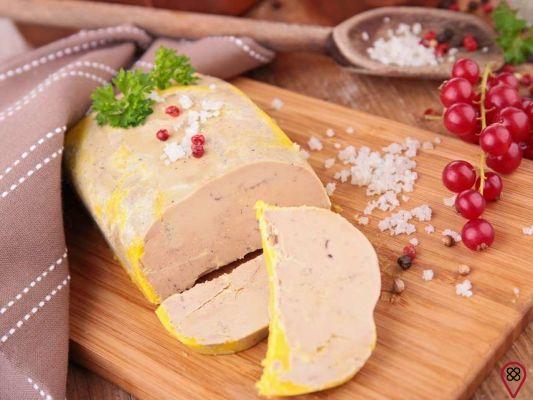
For its variety of flavors and also for its subtlety, French cuisine is considered by many experts as one of the best on the planet. However, despite international recognition, some typical European dishes are questioned by ecologists and animal rights advocates. The main one is Foie Gras, a kind of pâté obtained from the overdeveloped liver of a duck, goose or even a mallard.
Considered one of the noblest dishes in Western cuisine, Foie Gras can be served in many ways. Some chefs prepare the delicacy under some sour fruit sauce, such as oranges. Others prefer to present the dish accompanied by bread, toast and dried fruit. In France, consumption of the dish is very common on festive dates, such as Christmas, and on special occasions, such as family gatherings and weddings.
This is because the animals are bred in captivity and forced to eat compulsively through a tube. Generally, the lights in the breeding grounds are on for long periods so that the birds don't sleep so they can eat more feed and gain weight faster.
Because of this process, called Gavage, animals show signs of stress and physical complications, and consequently, have a reduced lifespan. Some birds cannot withstand the intensity of the meals and end up dying within a few months.
Therefore, groups that fight for the rights of animals create online petitions and protests to make people aware of this cruelty. L214 Éthique & Animaux, a French entity that monitors and denounces numerous violations of animal rights, created an online manifesto called 'No to Gavage'. At the end of the text, Europeans are firm in stating that they do not consume Foie Gras.
Not Spain
Aware of this, Argentina, Germany, Poland and twenty other nations have already banned the sale of this pâté in their territories. In España, the subject is starting to enter the agenda of government officials. The city of São Paulo even vetoed Foie Gras, but an action by the National Association of Restaurants (ANR) caused the law to be suspended in an injunction. The process runs in court.
Sought by the report, the ANR claims that the veto is not due to cruelty to animals, but due to the illegitimacy of the action. This is because, according to the association, the City Hall does not have this power. “In the understanding of the entity, accepted by the São Paulo Court of Justice, municipalities cannot legislate on the consumption and production of any product”, declared the ANR.
- Text written by Yago Rudá of the Eu Sem Fronteiras Team







